AirPods and other wearable devices with built-in microphones could provide pretty reliable measurements of the wearer's respiratory rate using just their breath audio.
AirPods could monitor respiratory rates pretty reliably using just breath audio
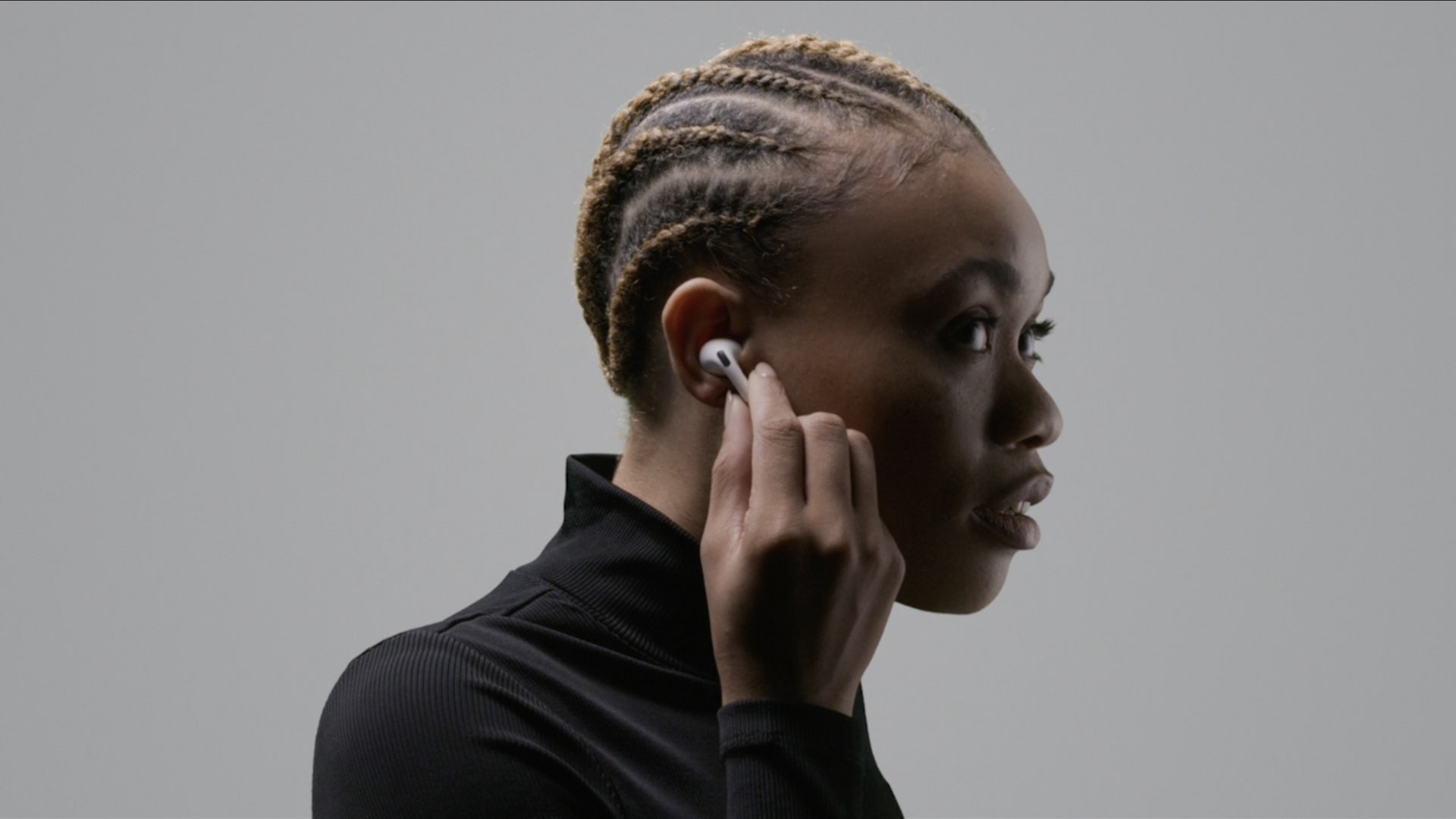

AirPods and other wearable devices with built-in microphones could provide pretty reliable measurements of the wearer's respiratory rate using just their breath audio.
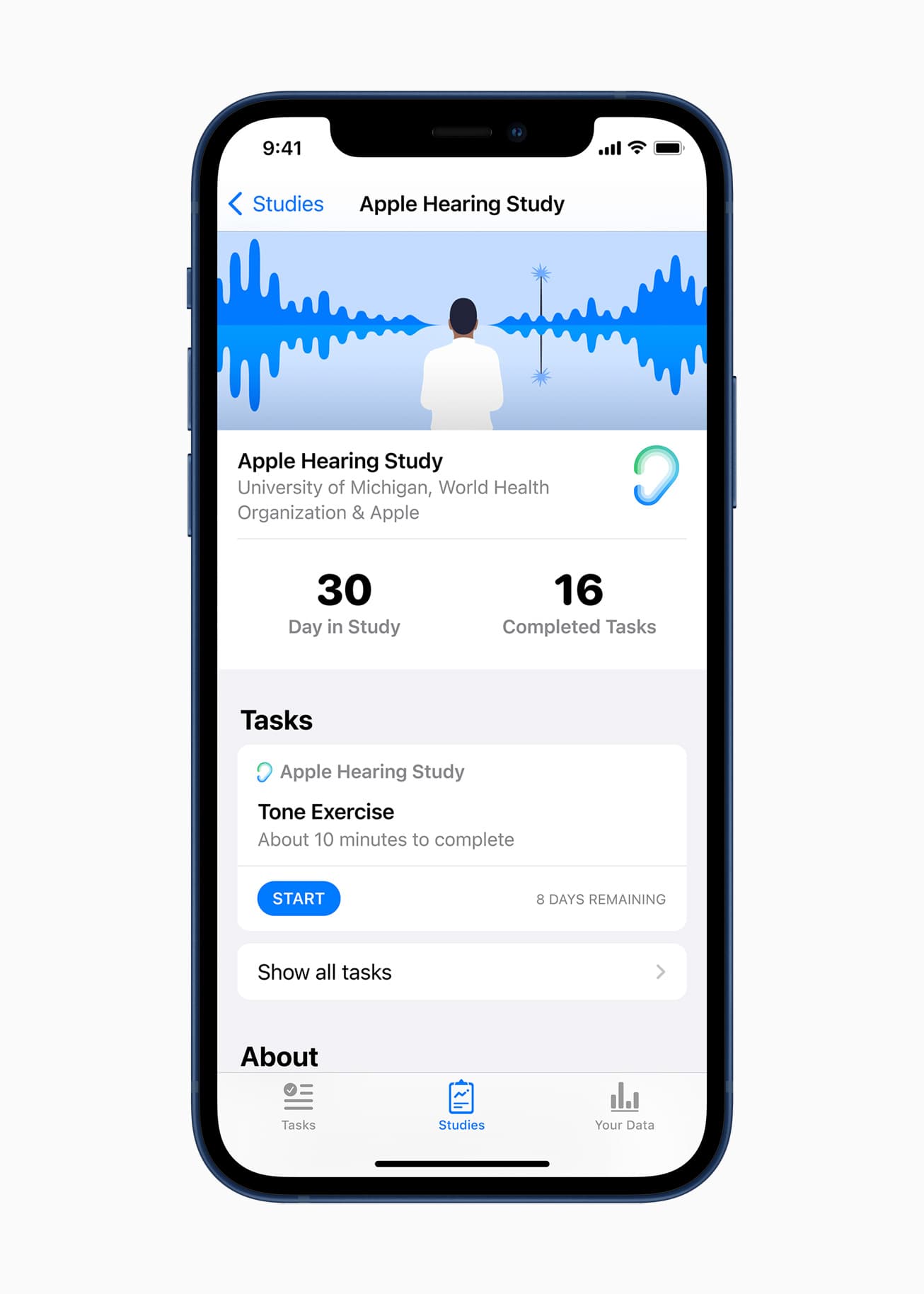
Way back in November of 2019, Apple launched the Research app. Along with it, three separate health-related studies. One of those is the Hearing Study, which Apple is offering up some relevant information on today.
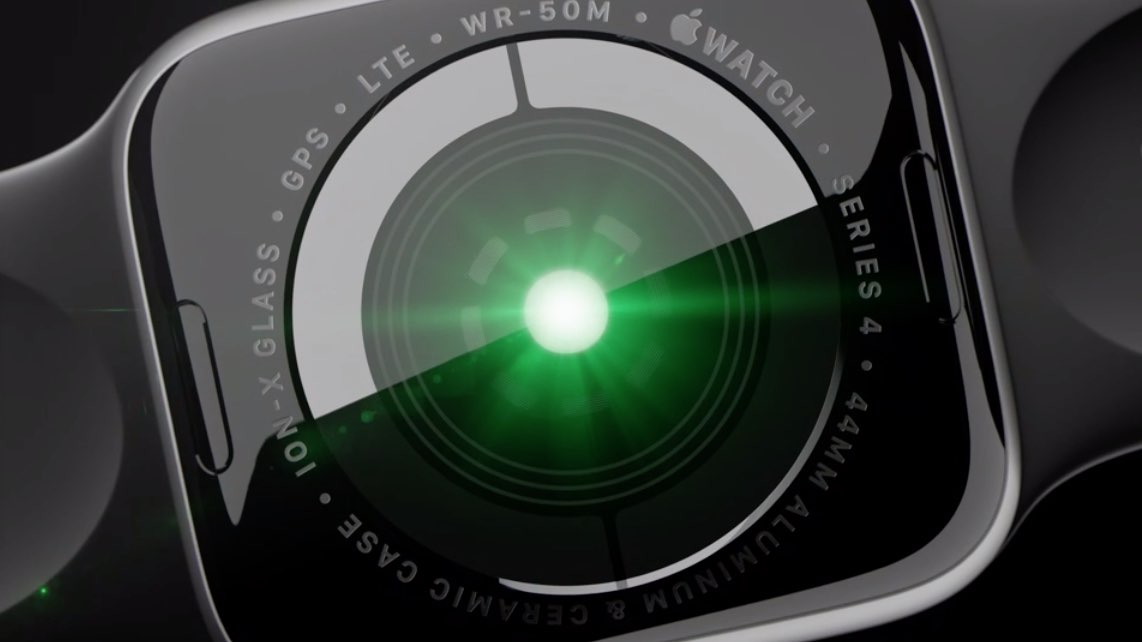
A significant new study from Mount Sinai researchers has discovered that the Apple Watch and similar smartwatches can effectively predict a positive COVID-19 diagnosis up to a week before current PCR-based nasal swab tests.
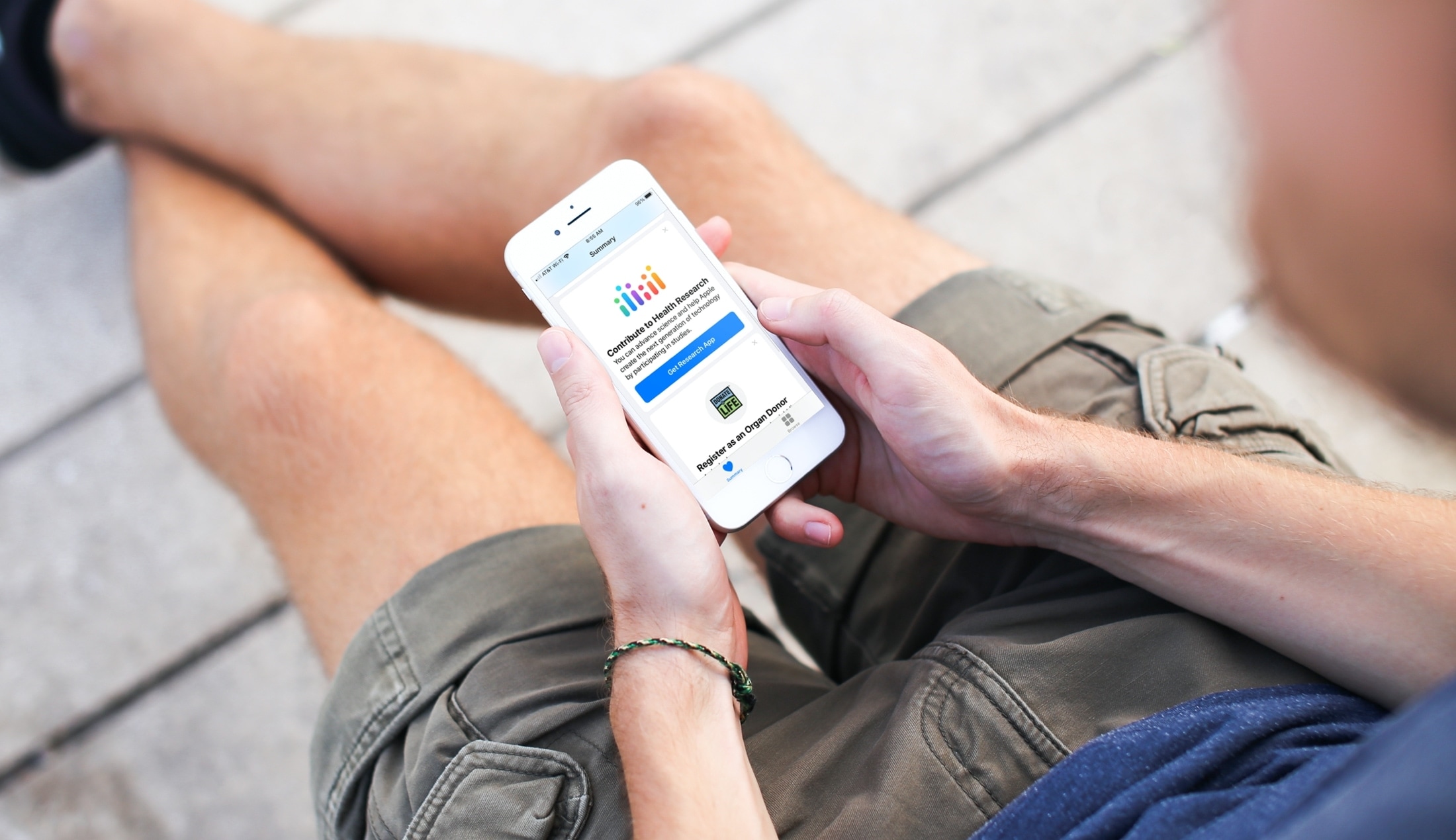
Scientists and physicians can’t learn about health conditions if they don’t know about them. Cures for diseases can take years and years, if there even is a cure to be found. So where do those working on these things get information? How can they experiment, develop medications, or search for causes without data?
If you’ve never participated in a health study before, but are thinking it might be time, Apple makes it easy for you. For women’s health, hearing health, and heart health, the Apple Research app is at your fingertips. You decide which study to take part in and what data you want to share. So if you’re ready to help further research in these areas, here’s how to contribute to health research.
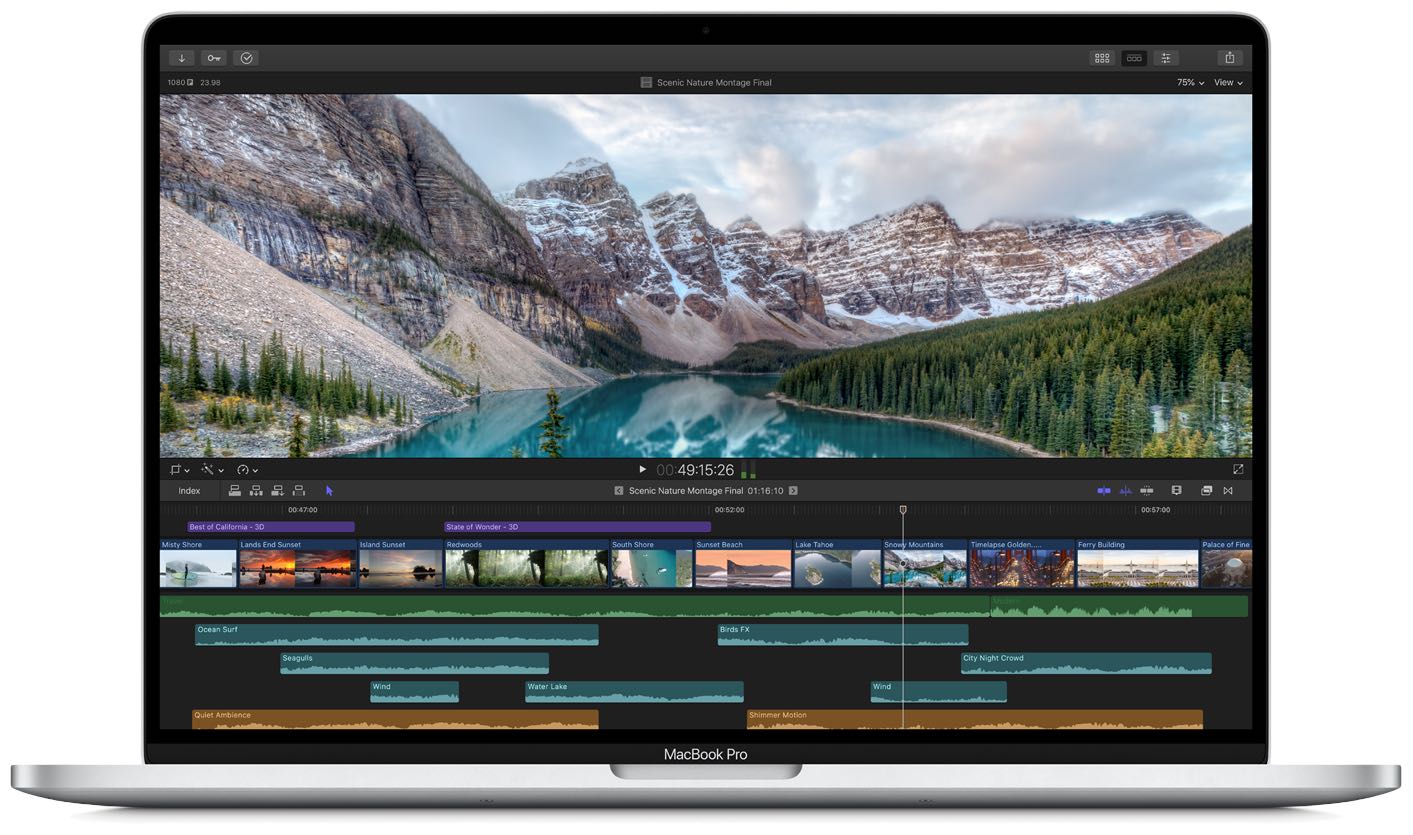
This week's was dominated by a few headlines that caught my attention. The first, of course, was Apple's long-awaited introduction of the new 16-inch MacBook Pro. The next came when Apple announced the release of its Research app and announced three studies designed to work with it, all on the same day as Stanford researchers offered up the full results of their 2017 Apple Watch heart study. The final thing was Apple's controversial decision to nix the availability of vaping apps on the App Store - which isn't sitting right with medical marijuana advocates, especially. Let's dive right in.
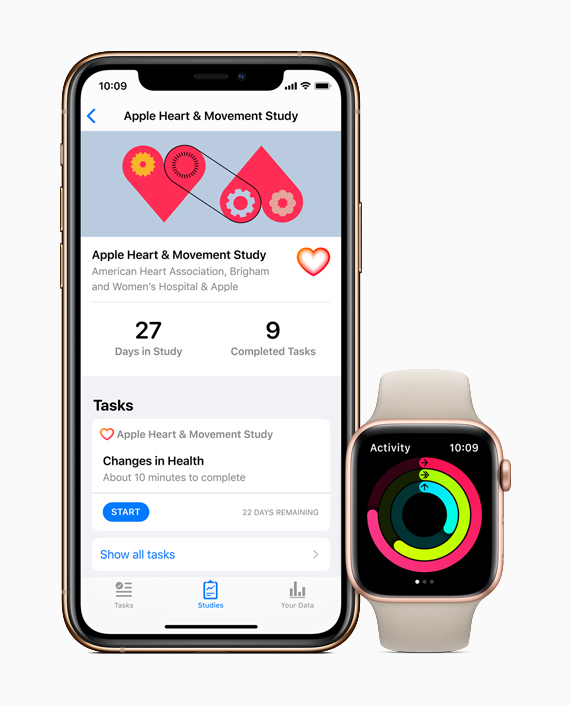
Apple on Thursday announced the release of a new Research app for users of the iPhone and Apple Watch. The app enables users to participate in medical research studies similar to the Stanford Apple Watch Heart Study. Apple also announced three studies that will use data from the Research app.

Timely security patches and seamless iOS software updates are among the chief reasons for many Android customers to switch to an iPhone.
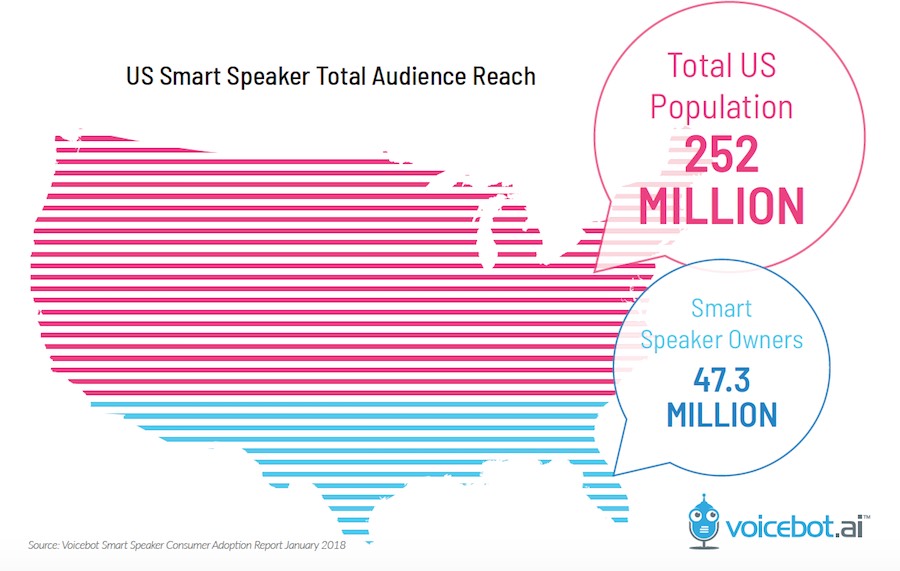
Ahead of HomePod's launch, Voicebot.ai surveyed over a thousand Americans over their interest in smart speakers. They published the results today with some interesting findings.
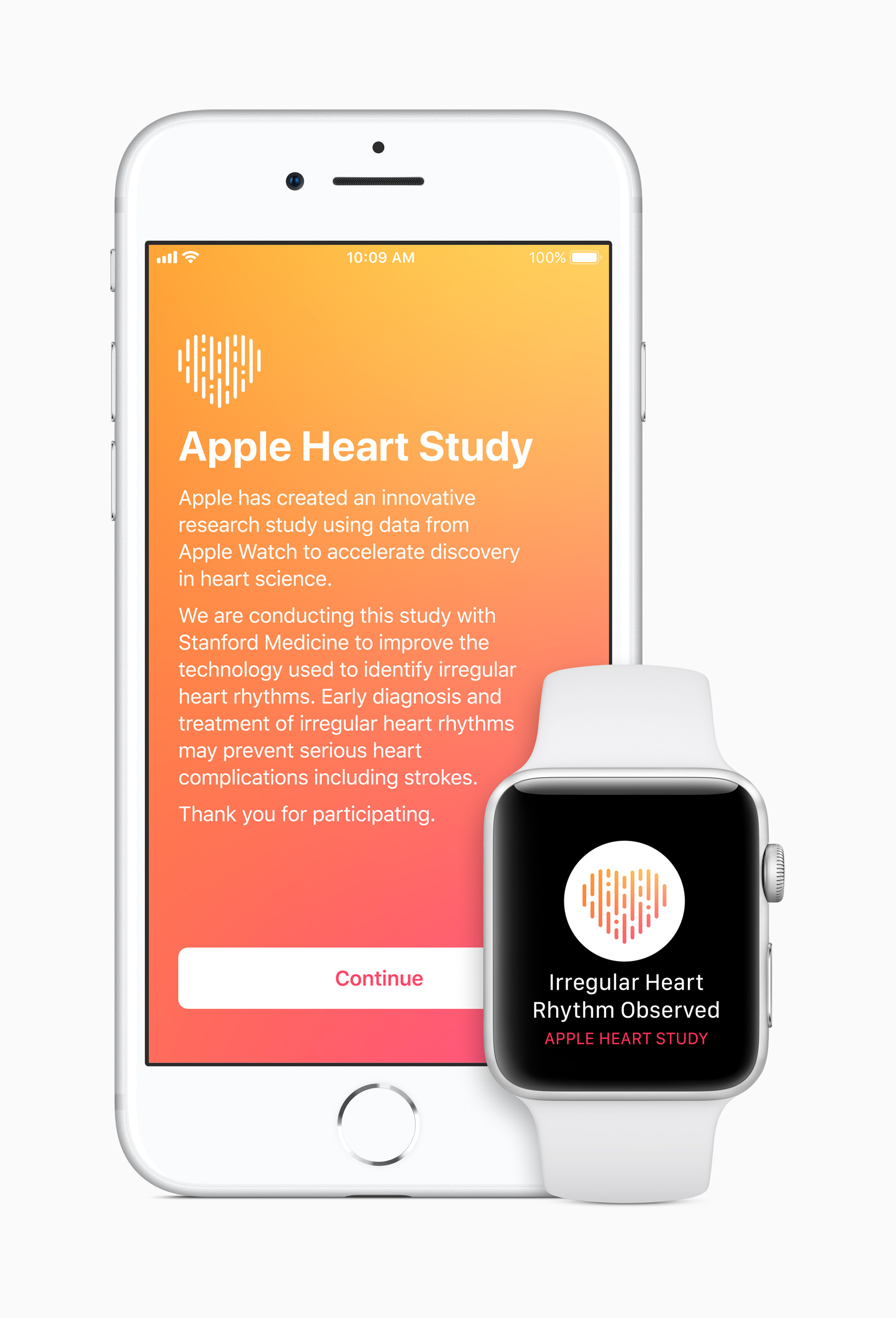
Following the announcement earlier this year, Apple on Thursday released the new Heart Study app on App Store. This joint medical research study between Apple and Stanford Medicine aims to detect irregular heart rhythms in participants, said to the company.
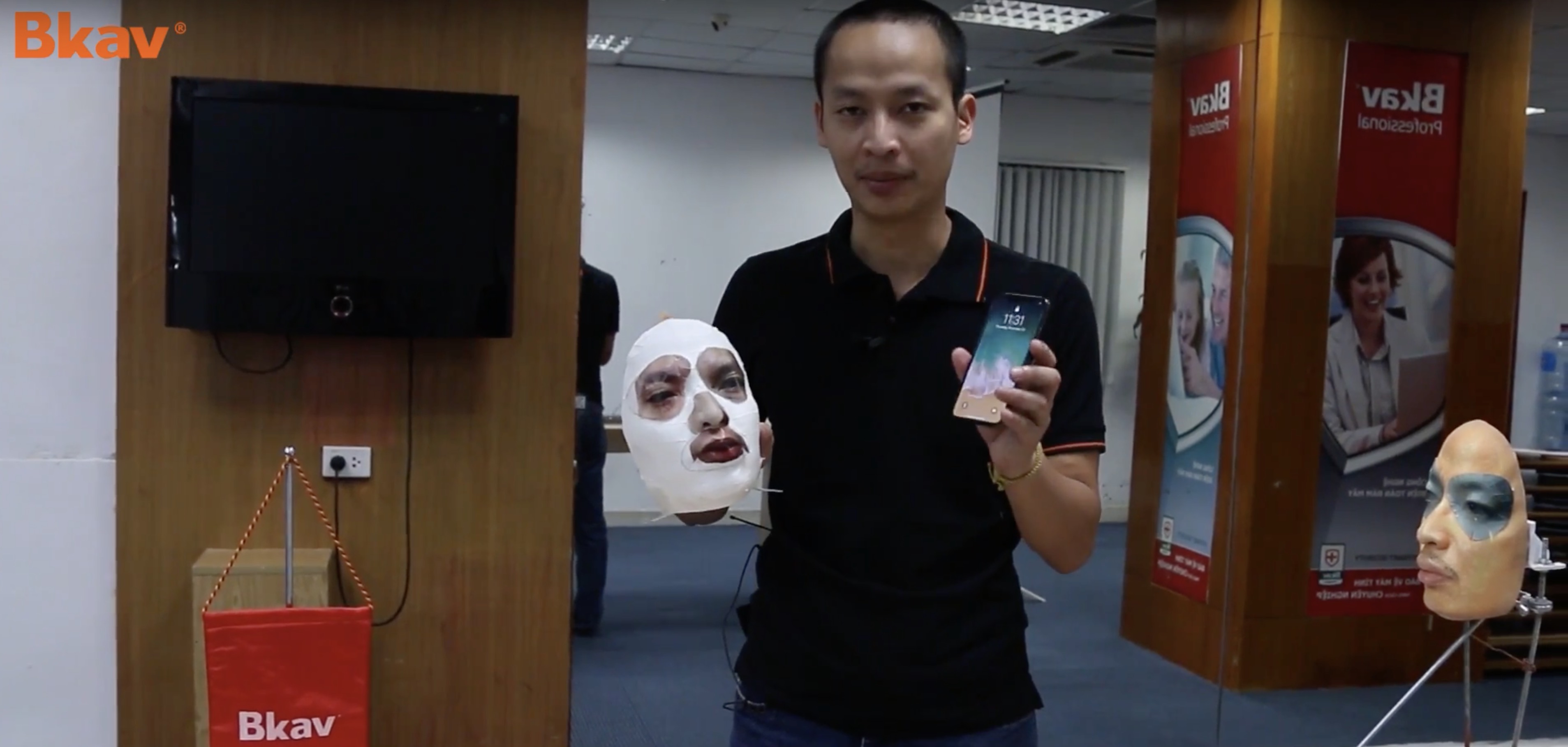
Cybersecurity researcher firm Bkav released a video shortly after the iPhone X launch showing a mask fooling Face ID. Now they have shared a second video with more details and how they were able to pull it off.

Apple's kept its self-driving research secret for years, but now the company has publicized some of its autonomous driving software techniques that improve obstacle detection.

You may recall hearing of the slew of kernel bugs that were patched in iOS 10.3.2, all of which were reported by Adam Donenfeld, an iOS and Android security researcher. At the time, he stated that an exploit using the bugs was already written and would be released at the HITBGSEC conference in the summer.
Well, summer is here, and with it both the conference and the promised exploit.